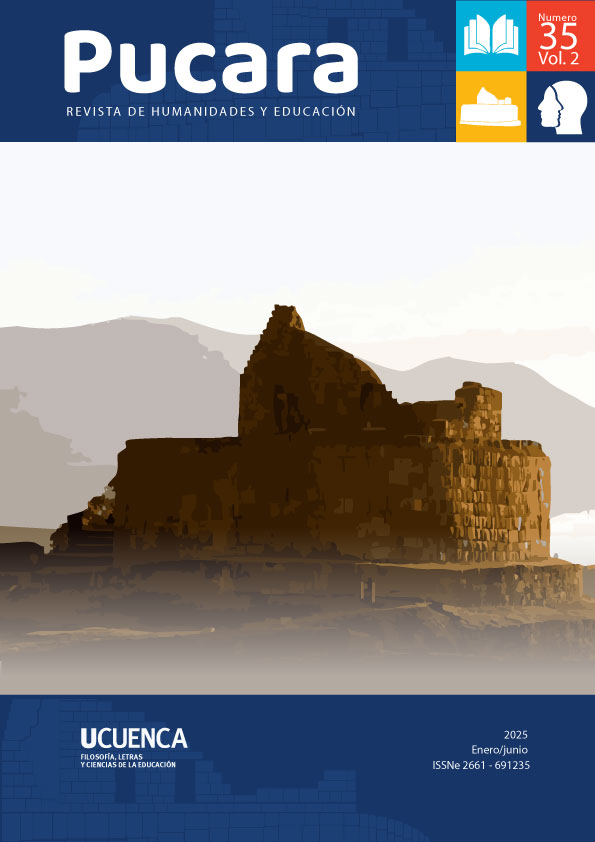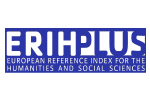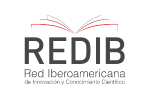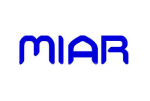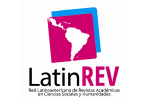Preprofessional teaching practices as a metacognitive strategy for improving writing
DOI:
https://doi.org/10.18537/puc.35.02.07Keywords:
situated writing,, teaching practices, metacognitionAbstract
In Ecuador, university students in education, even at the end of their careers, fail to acquire a sufficient degree scriptural skills. This implies that their teaching practice does not contribute efficiently to the development of this skill in their students of Elementary and Secondary Education. The present study analyzes how the teaching practice used as a metacognitive strategy affected the improvement of the writing of the students of the Career of Pedagogy of Language and Literature of the University of Cuenca. The methodological choice of this study corresponded to a pre-experimental design with pretest-posttest applied to a single group. The main finding of this work was the verification that, indeed, the application of metacognitive strategies in teaching practices does contribute significantly to the improvement of writing skills in university students and promotes in them a more committed and creative practice.
Downloads
References
Ausubel, D. (2002). Adquisición y retención del conocimiento. Una perspectiva cognitiva. Editorial Trillas.
Bajtín, M. (1981). Discourse in the novel. En M. Holquist (Ed.), The dialogic imagination: Four essays by M. M. Bakhtin (pp. 259-422).
University of Texas Press.
Bajtín, M. (1986). Estética de la creación verbal. Siglo XXI Editores.
Barton, D., y Hamilton, M. (2004). La literacidad entendida como práctica social. En I. Zavala (Ed.), Escritura y sociedad. Nuevas
perspectivas teóricas y etnográficas (pp. 109- 139). Red para el Desarrollo de la Ciencias Sociales en el Perú.
Bravo, L. (2018). El paradigma de las neurociencias de la educación y el aprendizaje del lenguaje escrito: Una experiencia de 60 años.
Psykhe, 27(1). https://doi.org/10.7764/psykhe.27.1.1101
Brandenburg, R. (2023). Powerful pedagogy: Selfstudy of a teacher educator’s practice. Springer. https://doi.org/10.1007/978-1-4020-8196-5
Camps, A. (2000). Un marco para la interpretación de los procesos de enseñanza y aprendizaje del lenguaje escrito. Lenguaje y textos, 15, 37-49. http://hdl.handle.net/2183/8107
Carlino, P. (2013). Alfabetización académica diez años después. Revista Mexicana de Investigación Educativa, 18(57), 355-381.
Cassany, D. (1999). Construir la escritura. Paidós.
Fernández, G. (2007). Bajtín y Vigotsky: La experiencia social en la producción de sentido. Algunas prioridades para enseñar
literatura. Revista de semiótica Adversus, 4(8-9). http://www.adversus.org/indice/nro8-9/articulos/articulo_fernandez.htm
Freire, P. (1970). Pedagogía del oprimido. Siglo XXI Editores.
Frontiers. (2023). The language tone and prosody of emotions: Neural substrates and dynamics of spoken-word emotion perception. Frontiers in Psychology. https://www.frontiersin.org
Graves, D. H. (1983). Writing: Teachers and children at work. Heinemann.
Hamilton, M. L., y Pinnegar, S. (2020). Selfstudy of teaching and teacher education practices as a pedagogy for teacher educator
professional development. Emerald Publishing Limited. https://doi.org/10.1108/S1479-368720140000022010
Hayes, J. R. (1996). A new framework for understanding cognition and affect in writing. En C. M. Levy & S. Ransdell (Eds.), The science of writing: Theories, methods, individual differences and applications (pp. 1-27). Lawrence Erlbaum Associates.
Hernández Sampieri, R., Fernández, C., y Baptista, P. (2003). Metodología de la investigación. McGraw-Hill.
Illuminate Education. (2022). Oral language and written language are not the same things: Why the distinction really matters when
teaching literacy to English learners. Illuminate Education. https://www.illuminateed.com
Jarpa, P. (2012). Escritura, lectura e investigación. UstaSalud, 11(2), 65-67. http:// revistas.ustabuca.edu.co/index.php/USTASALUD_ODONTOLOGIA/article/viewFile/1118/917
Martínez, A., Ortega, J., y Alba, J. (2021). Lenguaje: Instrumento del desarrollo humano. Revista Digital Universitaria (RDU), 22(5). https://doi.org/10.22201/cuaieed.16076079e.2021.22.5.10
Ministerio de Educación. (2011). Actualización y fortalecimiento curricular de la educación básica 2010. htttp://educacion.gob.ec/wpcontent/plugins/download.../download.php?id
Navarro, F., Ávila Reyes, N., y Cárdenas, M. (2020). Lectura y escritura epistémicas: movilizando aprendizajes disciplinares
en textos escolares. Revista Electrónica de Investigación Educativa, 22. https://doi.org/10.24320/redie.2020.22.e15.2493
Parodi, G., y Burdiles, G. (2015). Leer y escribir en contextos académicos y profesionales: Géneros, corpus y métodos. Editorial Ariel.
Pavié, A. (2011). Formación docente: Hacia una definición del concepto de competencia profesional docente. Revista Electrónica
Interuniversitaria de Formación del Profesorado, 14(1), 67-80.
Riera, G., Cordero, G., & Villavicencio, M. (2019). ¿Enseñar a escribir en la universidad? La emergencia de la alfabetización académica. Pucara, 1(25), 223-242. https://publicaciones.ucuenca.edu.ec/ojs/index.php/pucara/article/view/2564
Rosli, N. (2016). Leer y escribir en tres asignaturas de una escuela secundaria a la que asisten alumnos de sectores socioeconómicos desfavorecidos [Tesis de licenciatura, Universidad Nacional de La Plata]. http://www.memoria.fahce.unlp.edu.ar/tesis/te.1237/te.1237.pdf
Serrano, S. (2014). Estrategias para el desarrollo de la escritura académica en la educación superior. Editorial Universidad Pontificia Bolivariana.
Torres, L. (2015). Estrategias metacognitivas de gestión del aprendizaje a través de los PLE (Entornos Personales de Aprendizaje)
de aprendientes de ELE [Tesis doctoral, Universidad de Barcelona]. https://diposit.ub.edu/dspace/bitstream/2445/106175/1/
LTR_TESIS.pdf
Vallejo, R. (2013). Manual de escritura académica: Guía para docentes y estudiantes. Corporación Editora Nacional.
Villavicencio, M., & Molina, E. (2017). La escritura epistémica: Experiencia en la asignatura narrativa latinoamericana. Acción
Pedagógica, 26, 88-95.
Vygotsky, L. S. (2024). Pensamiento y lenguaje. Editorial Pueblo y Educación.
Zeichner, K. M. (2012). La formación del profesorado y la lucha por la justicia social. Ediciones Morata.
Published
How to Cite
Issue
Section
License
Copyright (c) 2024 Tannia Edith Rodríguez, Eulalia Rodríguez Rodríguez

This work is licensed under a Creative Commons Attribution-NonCommercial-ShareAlike 4.0 International License.
Copyright © Autors.

You are free to:
 |
Share — copy and redistribute the material in any medium or format |
 |
Adapt — remix, transform, and build upon the material for any purpose, even commercially. |
Under the following conditions:
 |
Attribution — You must give appropriate credit, provide a link to the licence, and indicate if changes were made. You may do so in any reasonable manner, but not in any way that suggests the licenser endorses you or your use. |
| NonCommercial — You may not use the material for commercial purposes. | |
| ShareAlike — If you remix, transform, or build upon the material, you must distribute your contributions under the same license as the original. |
| No additional restrictions — You may not apply legal terms or technological measures that legally restrict others from doing anything the licence permits. |

